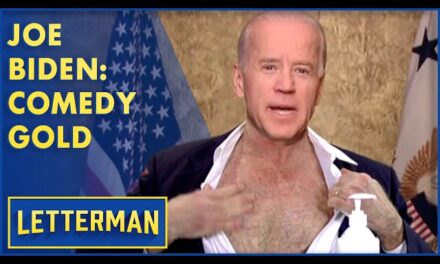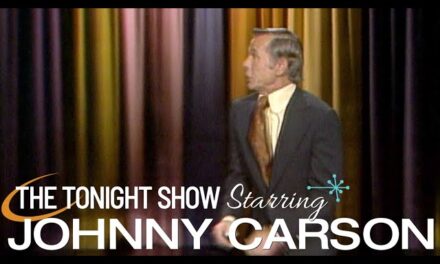Letterman, as always, started the conversation casually, making Springsteen feel at ease. They discussed Springsteen’s time in the E Street Band and how there was a chance he wouldn’t have been a part of it if saxophone player Clarence Clemons had been let go. Springsteen admitted that when he’s driving around, he doesn’t find himself singing his own songs, unlike when he’s doing his comedy bits on the way to the show.
The conversation then shifted to the success Springsteen is experiencing with his new record. Letterman congratulated him, and Springsteen acknowledged that it’s one of the best records he has ever made. He joked about the pressure he felt to make it to the couch on the talk show, emphasizing the journey from making the album to being a guest on the show.
Letterman, always curious, asked Springsteen about the creative process behind making an album. Springsteen shared that sometimes it’s a matter of luck when a collection of songs comes together, while other times, it takes a longer period of waiting for the right material to emerge. He admitted that waiting for new material can be challenging but emphasized the importance of finding that spark of inspiration.
When discussing the difference between contrived and naturally occurring ideas, Springsteen revealed that he often discards anything that feels forced. He acknowledged that chasing spontaneity can be tricky, but it’s necessary to capture that living and breathing essence in his music.
Letterman inquired about the longest time Springsteen had to wait for something satisfactory to occur to him. Springsteen confessed that for the iconic song “Born in the U.S.A.,” he had half of the record completed, but it took another year and a half for the remaining songs to come together. Springsteen initially disliked the additional tracks, but the album turned out to be a success.
As the interview progressed, Letterman praised Springsteen’s ability to be the ultimate judge of his finished product. Springsteen modestly acknowledged his expertise and how he can determine when he has captured something meaningful for his fans.
They discussed the span between Springsteen’s previous album and his current one, highlighting a two- to three-year gap, which seems to be the norm for his releases. Letterman complimented the sound and variety on the new record and attributed its success to producer Brendan O’Brien. Springsteen was grateful for O’Brien’s contributions and took the opportunity to congratulate his sister on the birth of her baby girl.
In true Letterman fashion, he brought up the dynamics within the band. Springsteen humorously stated that they don’t get along very well and that the friendly persona they project is all a façade. Nonetheless, they manage to maintain their friendship and camaraderie, keeping the show running smoothly.
The conversation concluded with excitement about Springsteen’s upcoming 46-city tour, playing in massive arenas across the country. Letterman congratulated him once again and expressed his delight in having Springsteen and his band on the show.
The interview between David Letterman and Bruce Springsteen was filled with genuine and insightful moments, providing fans with a deeper understanding of Springsteen’s music-making process. This talk show exchange demonstrated the perfect blend of entertainment and engaging conversation that keeps audiences coming back for more.




